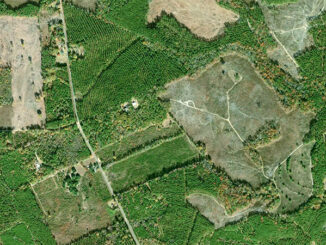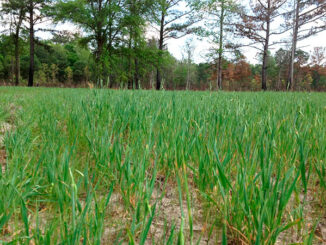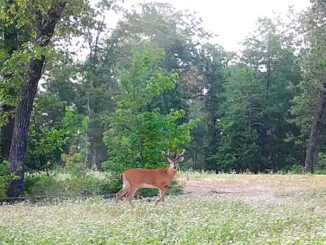
South Carolina remains CWD-free
Bad news came to Carolina hunters last month as the NCWRC reported the first confirmed case of Chronic Wasting Disease (CWD) in North Carolina. The CWD-infected deer was killed in Yadkin County during the 2021 hunting season and samples of it were sent in for testing through a cooperator program set up by the state agency.
With recent confirmations of CWD in southern Virginia about 30 miles north of the VA/NC state line, it seemed only a matter of time before the disease crossed into the Old North State. Of all the deer samples collected by the NCWRC from the 2021 hunting season, about 70% have been tested so far.
CWD is a 100% fatal disease and testing is only possible after a deer’s death. An infected deer can go up to 16 months without showing any signs of the infection. The disease also has no known cure at this time. It spreads throughout deer populations through bodily fluids and can remain active in soil for decades, even surviving fire and freezing temperatures.
So what does this confirmed case of CWD mean for North Carolina hunters? It’s unclear at this point, but chances are good that some changes will be in place for the 2022 deer hunting season — within Yadkin County at least, if not on a wider scale.
This use of baiting sites is of grave concern, and will probably be outlawed within the immediate impacted area. This measure isn’t set in stone, but it is listed as one option the agency may use as part of their CWD Response Plan.
Other possible changes based on that same Response Plan include mandatory testing for all harvested deer in the area, discontinuing injured fawn and elk calf rehabilitation programs, and possibly raising season limits (at least within proximity of the CWD-positive area) to allow for gathering a greater number of samples for testing.
Deer hunters, especially those in Yadkin County, would be wise to hold off on placing orders for automatic feeders and of feed and mineral supplements until the NCWRC makes a statement leading up to the 2022 deer hunting season.
For now, South Carolina continues to be CWD-free. Georgia and Florida also remain free of the disease, and all these state have CWD response plans in place.
Aside from white-tailed deer, CWD can infect mule deer and elk. The first confirmed case of the disease in the U.S. occurred in 1967 among a herd of captive elk in Colorado. It is currently confirmed to exist in 29 states, five Canadian provinces, Norway and South Korea.
According to the U.S. Centers for Disease Control and Prevention, “the risk of infection of CWD among humans is extremely small, if it exists at all, and it is extremely unlikely that CWD would be a food-borne hazard.”





Be the first to comment